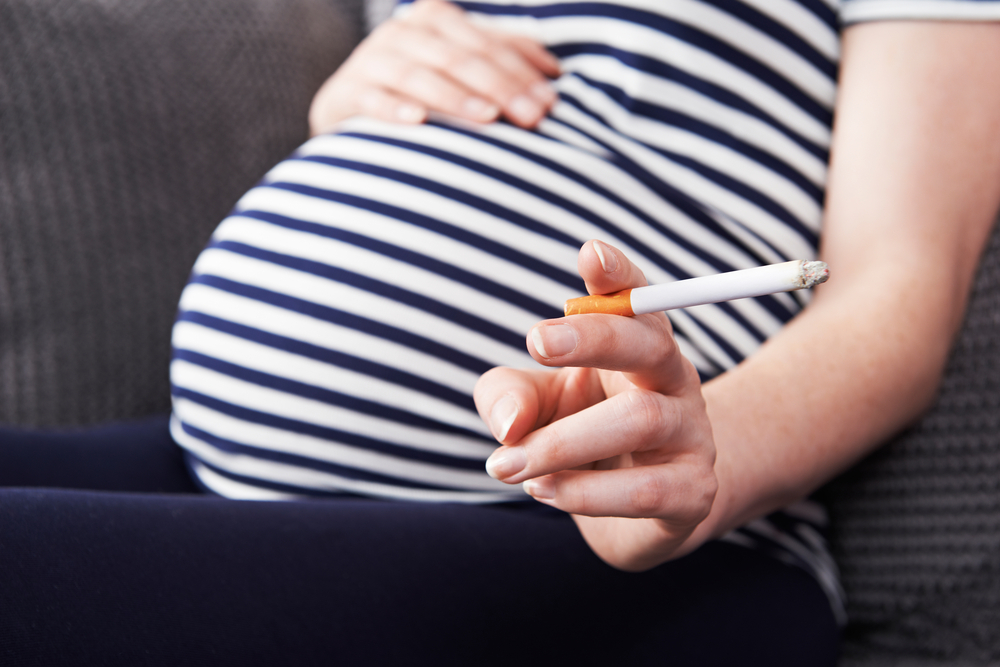Mom's Smoking Can Alter Fetus's DNA

Moms-to-be have yet another reason to snub out their cigarettes: A new study links smoking while pregnant to changes in the fetus's DNA.
These changes may partly explain the link between smoking during pregnancy and health complications in children born to smokers, the study said. These complications can include low birth weight, along with increased risk of asthma and cleft lips or palates.
Despite years of health warnings, approximately 12 percent of pregnant women in the United States still smoke, the researchers wrote in the study, published today (March 31) in the American Journal of Human Genetics. [Kick the Habit: 10 Scientific Quit-Smoking Tips]
To examine the effects of smoking on fetal DNA, the researchers looked at nearly 7,000 newborns and their mothers from around the world. Information about the mothers' smoking habits was gathered through questionnaires, the study said. The researchers also collected a sample of blood from each newborn's umbilical cord.
The researchers were looking for epigenetic changes to the newborns' DNA. Epigenetic changes are alterations that don't change the sequence of DNA, but rather affect whether certain genes are turned "on" or "off." One specific type of epigenetic change the researchers looked for is called "methylation," in which a small molecule is added to a part of the DNA, preventing that section from being turned on.
The researchers found that in newborns whose mothers described themselves as "sustained smokers," there were more than 6,000 places where the DNA differed from the DNA of newborns who were born to nonsmokers, the study said.
The researchers also looked for epigenetic changes in older children, with an average age of 7, whose mothers had smoked while pregnant. Results showed that many of the changes were still present, according to the study.
Sign up for the Live Science daily newsletter now
Get the world’s most fascinating discoveries delivered straight to your inbox.
In addition, the researchers found that the epigenetic changes observed in newborns were to similar to those previously observed in adult smokers, Dr. Stephanie London, an epidemiologist at the National Institute of Environmental Health Sciences and a co-senior author on the study, said in a statement.
This finding shows that although a fetus isn't breathing in the smoke though its lungs, "many of the same things are going to be passing through the placenta," London said.
Of note, some of the epigenetic changes that the researchers observed have previously been linked to cleft lips and palates and asthma, the researchers wrote.
However, it remains unclear exactly how such health complications are linked to maternal smoking, London said. "Methylation might be somehow involved in the process," she said, adding that further studies are needed to confirm this idea.
Follow Sara G. Miller on Twitter @SaraGMiller. Follow Live Science @livescience, Facebook & Google+. Originally published on Live Science.










